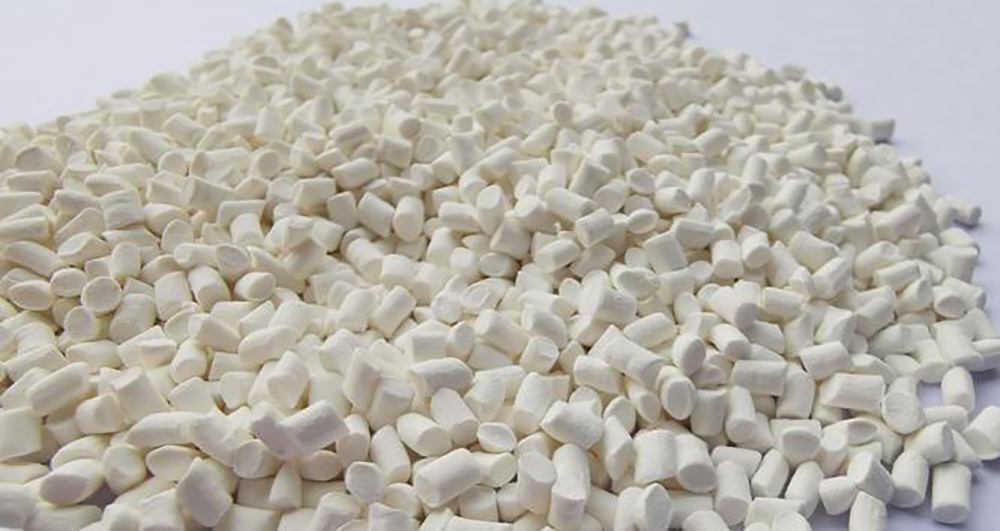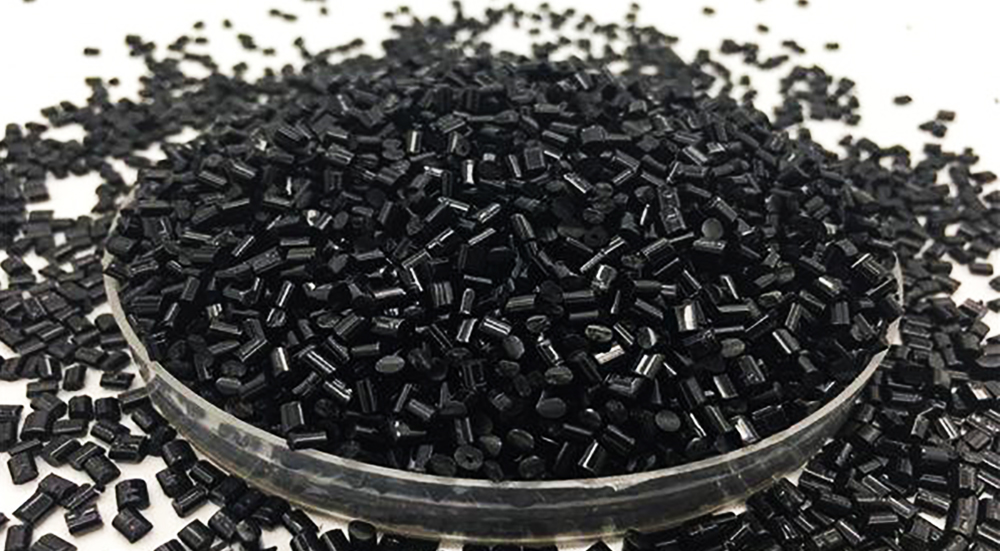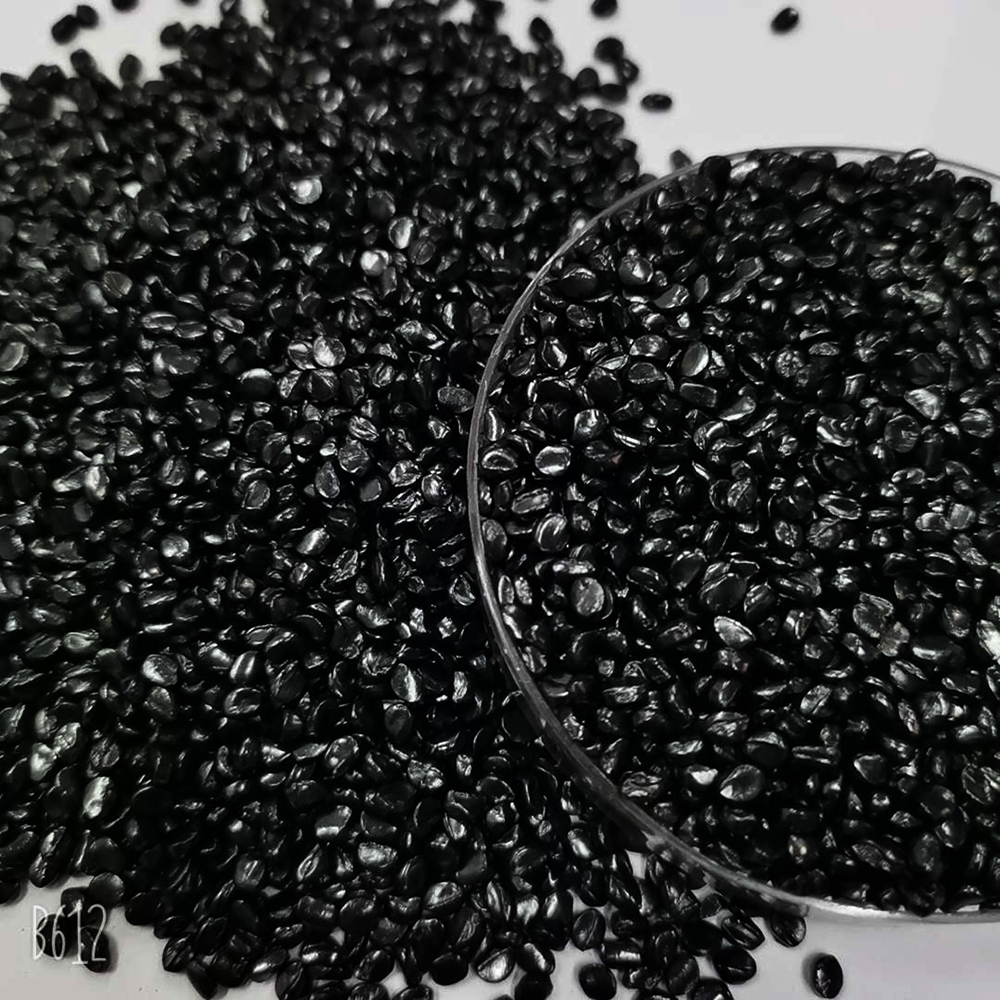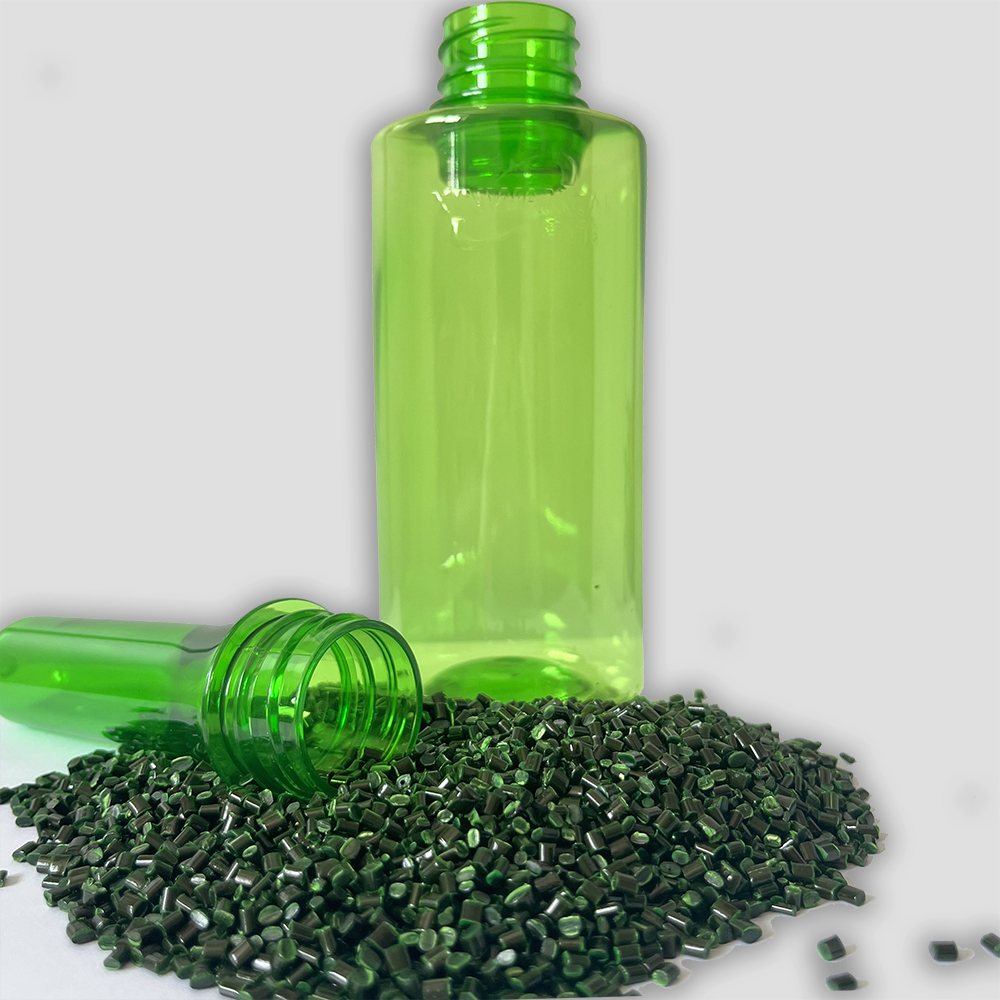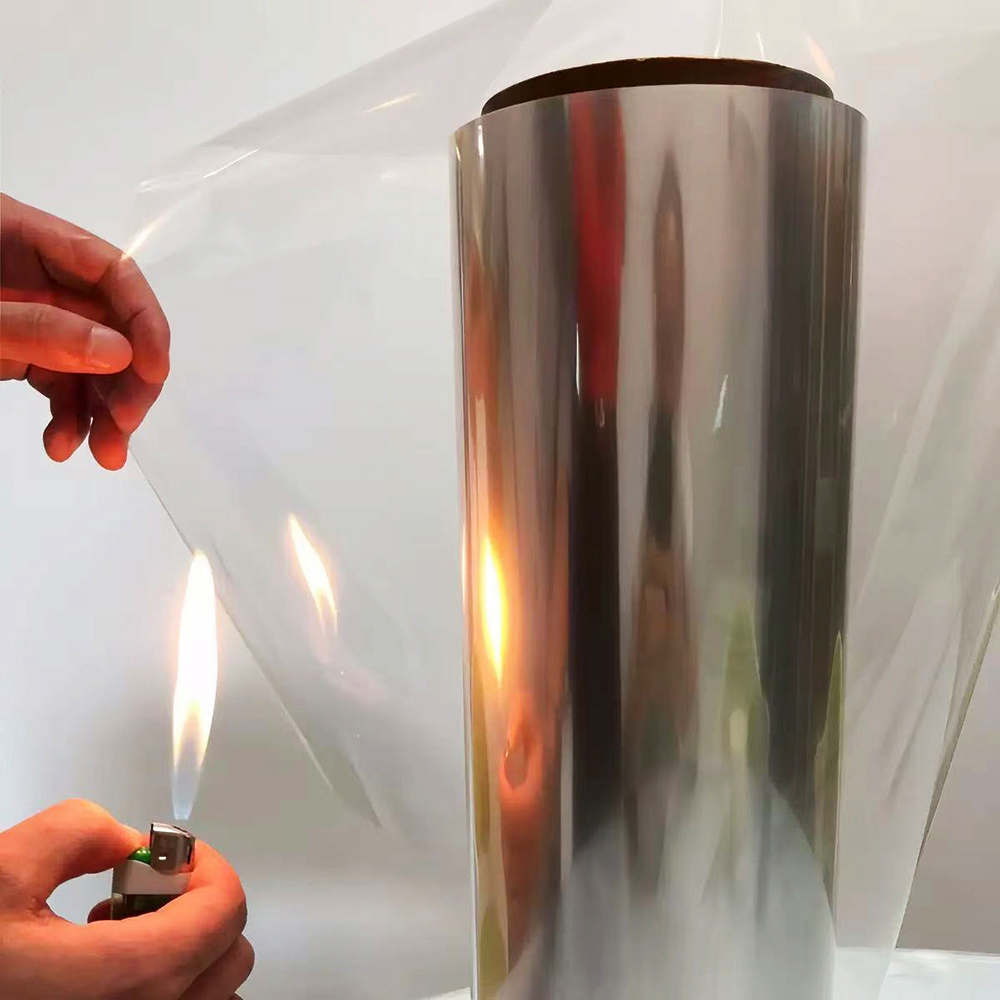
Flame Retardant Masterbatches for Thermoplastics
Flame retardant (FR) masterbatches are concentrated mixtures of fire-resistant additives encapsulated within a carrier resin. They are added to raw polymers during manufacturing—such as injection molding or extrusion—to delay ignition, slow flame spread, and reduce smoke generation.

